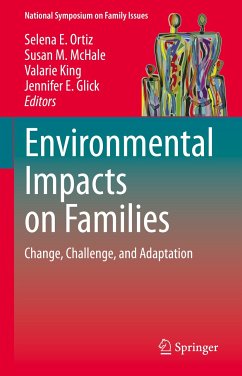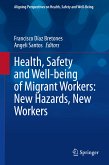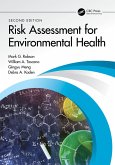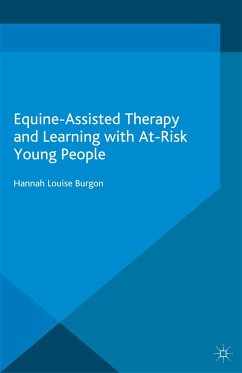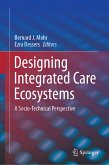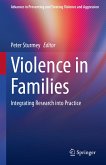Featured areas of coverage include:
- Extreme natural events and families' postdisaster recovery.
- Family adaptations to climate change.
- The built environmentand children's health and well-being.
- Community-driven approaches to address environmental inequities.
- The urban environment of family caregiving.
Environmental Impacts on Families is a must-have resource for researchers, professors, and graduate students as well as clinicians, therapists, policymakers, and other related professionals in developmental psychology, family studies, environmental health and policy, social work, public health, educational policy and politics, economics, migration studies, and all interrelated disciplines.
Dieser Download kann aus rechtlichen Gründen nur mit Rechnungsadresse in A, B, BG, CY, CZ, D, DK, EW, E, FIN, F, GR, HR, H, IRL, I, LT, L, LR, M, NL, PL, P, R, S, SLO, SK ausgeliefert werden.

